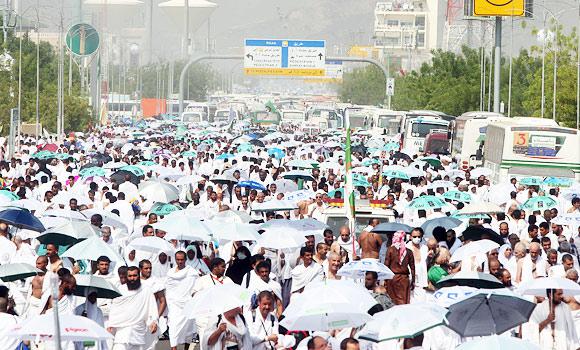
Geneva, May 25: The World Health Organization said yesterday it would help Saudi Arabia dig deeper into deadly outbreaks of a new SARS-like virus to draw up advice ahead of the annual Haj.
The UN agency, which is not currently recommending any restrictions on travel to the Kingdom or screening of passengers at airports or entry points, will send a second team of experts in the coming weeks, WHO director-general Margaret Chan said.
“Without that proper risk assessment, we cannot have clarity on the incubation period, on the signs and symptoms of the disease, on the proper clinical management and then, last but not least, on travel advice,” Chan said.
The WHO, which sent a first team to Saudi Arabia this month, will provide a fresh risk assessment ahead of this year’s Haj, which takes place in October.
“We need to get the facts clear and get the appropriate advice to all your countries where your pilgrims want to go to Makkah. It is something quite urgent,” Chan said.
Many questions remain about how the new virus spreads and what the vector may be, ranging possibly from animals to surface contamination. Saudi and WHO officials say there has been some contagion between people, but only where contact has been close and prolonged.
Saudi Arabia would send samples taken from animals possibly infected with the deadly virus to the US for testing in a bid to find the source of disease.
Memish said the ministry has collected large samples from bats and other animals, including camels, sheep and cats.





Comments
Add new comment